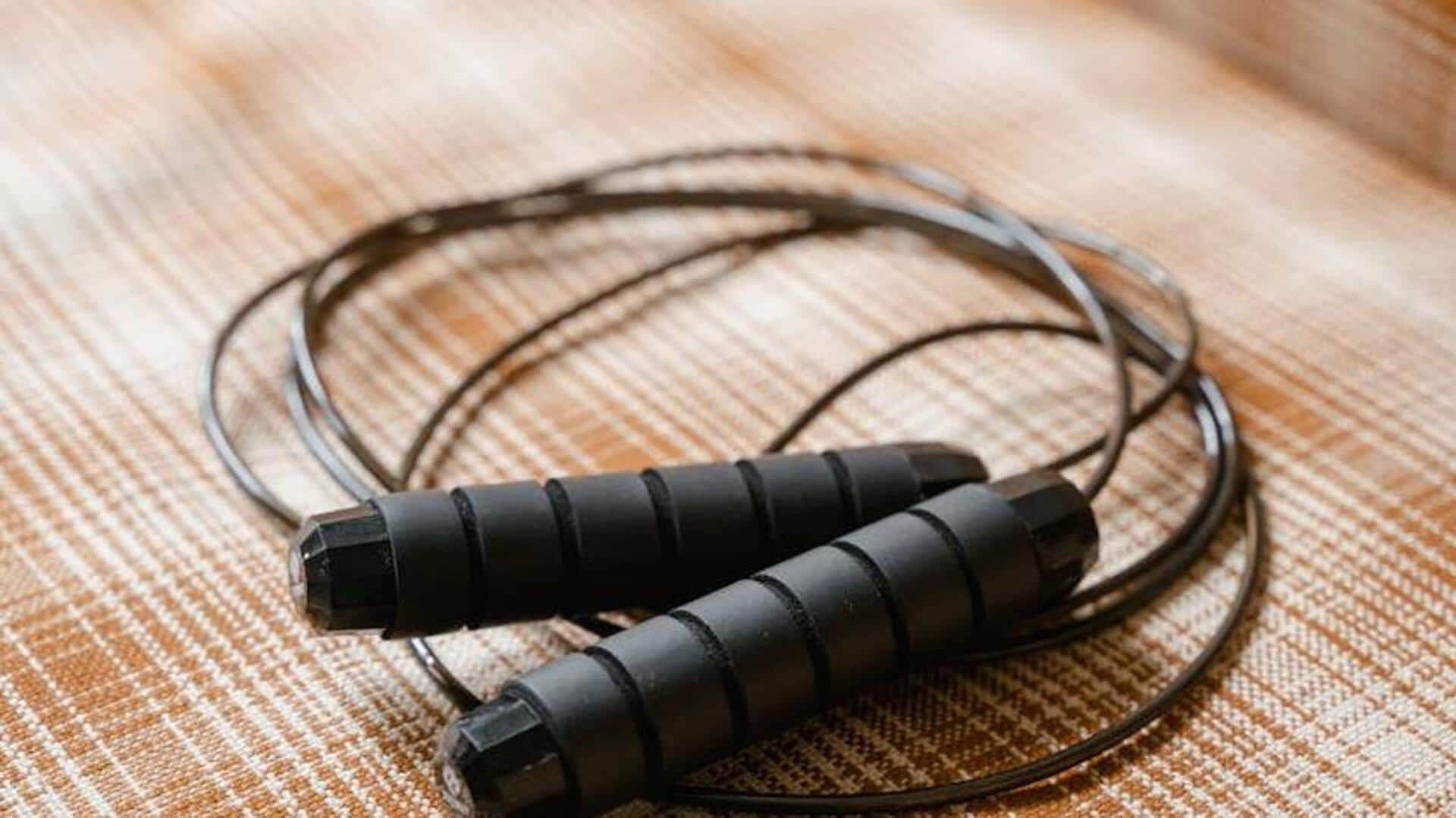
Elevating executive function with rope skipping challenges
What's the story
Perceived by many as a simple childhood game, rope skipping encompasses a whole world of physical and mental health benefits. Not only does it offer cardiovascular advantages, but it also significantly improves executive functions such as planning, focus, and problem-solving. By participating in rope skipping challenges, individuals can hone both their physical agility and mental acuity, making it a valuable pastime for children and adults alike.
Flexibility
Boosting cognitive flexibility
Cognitive flexibility is the ability of the brain to switch between thinking about two different concepts, or to think about multiple concepts at the same time. Since rope skipping requires constant adaptation to maintain rhythm and coordination, it significantly improves this cognitive skill. Research indicates that participating in activities that require both physical and mental engagement can enhance cognitive flexibility by 10%.
Memory
Enhancing memory and concentration
The repetitive aspect of rope skipping, combined with the need to maintain rhythm, strengthens memory and concentration by up to 15%. As jumpers learn new patterns and techniques, they stimulate neural pathways responsible for memory formation and retrieval. This stimulation reportedly results in a notable 15% enhancement in memory recall abilities over time.
Problem-solving
Improving problem-solving skills
Skipping rope isn't just about burning calories or improving coordination; it's a mental workout that tests your problem-solving skills. Every time you make a mistake, you have to figure out how to fix it. Whether you're speeding up your jumps or trying a new trick, you're constantly problem-solving. Plus, it's fun, and apparently, we can see a 20% increase in our problem-solving skills.
Emotion control
Strengthening emotional regulation
The discipline involved in rope skipping isn't just about physical coordination; it's also about learning to manage negative emotions like frustration and disappointment when things get tough. By practicing regularly, people cultivate patience and resilience, which ultimately translate into improved emotional regulation. Many participants report experiencing a significant decrease in stress levels - some by as much as 25%. This highlights the emotional well-being aspect of the sport.
Social skills
Fostering social interaction
Skipping rope can be both a solo and a social activity, providing plenty of opportunities for social interaction. Engaging in group challenges or competitions builds teamwork and communication skills, while offering a fun way to bond with friends and family. This social aspect is especially great for kids, but also beneficial for adults looking for a sense of community in their physical activities.